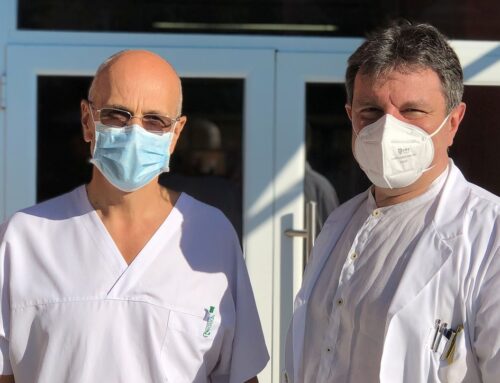Unbelievably, medical malpractice is one of the leading causes of death in the United States, coming in third behind cancer and heart disease. The fact that a patient could die because of the negligent action of the medical professional they entrusted their life to is a scary thought. Of course, not all doctors are negligent – but the process of reporting medical malpractice and removing those doctors who act irresponsibly is an important function of state medical boards.
However, during the COVID-19 pandemic, many state medical boards eased off of taking negligent doctors to task. In fact, according to a recent article in USA today, emergency actions against doctors’ licenses dropped 59% from April through June of 2020, compared with the same period in 2019. License suspensions and restrictions were decreased by 85% in April alone, according to the federal Health Resources and Services Administration, an agency of the U.S. Department of Health and Human Services. The decrease in emergency license suspensions is a concern for patient advocates, as many hospitals still have compromised patients. Vulnerable patients make errors even more dangerous, and complications even more likely.
The Federation of State Medical Boards, which represents all 50 states and Washington, D.C., said its data show medical boards’ emergency and non-emergency disciplinary actions were down 14% from January through June, attributed to COVID-19. It is assumed that the drop in complaints (and therefore the drop in actions against doctors) was directly connected to fewer patients being treated during this time. Still, patient safety advocates and plaintiff lawyers also blame a combination of state budget pressures and health care workers’ “hero status” amid COVID-19.
“It’s a perfect storm: A doctor shortage, doctors are strained by the stress of the pandemic, and sicker patients,” said Dr. David Sherer, a retired anesthesiologist and author of the book “Hospital Survival Guide.”
Declines in six states – New York, Indiana, Texas, Maryland, Michigan and Kentucky – were most influential in the drop in reports. Some states, including Florida, actually took more emergency actions during the pandemic. Florida more than doubled the number of doctors it prohibited from practicing, from four in the first six months of 2019 to 10 in the first half of 2020.
Hospitals are required to report any disciplinary measures taken that limit or revoke a doctor’s privileges for more than 30 days. But often, hospitals will take actions that aren’t reportable – or they simply allow the offending doctor to resign and walk away.
“Hospitals are reluctant to take actions against physicians, especially the ones who fill a lot of beds,” said Robert Oshel, a former associate director of research and disputes for the National Practitioner Data Bank.
Why So Slow? Medical boards receive complaints from individuals, hospitals and medical malpractice settlements. Most courts were shuttered for months in 2020, and plaintiff attorneys report that hospitals were slower than usual to produce documents. The hospitals were also more hectic and often reactionary, especially in the Northeast. Complicating matters for victims of medical malpractice in NY, Gov. Andrew Cuomo gave hospitals and doctors immunity from civil lawsuits for anything stemming from COVID-19 treatment. Reporting medical malpractice was no doubt hindered by this fact.
What Can I Do If I’ve Been Injured?
Your rights are no different during a pandemic than at any other time, and reporting medical malpractice is just as important to you as ever. If you feel that you have been injured or harmed due to the negligence of a Sarasota medical professional, call Probinsky & Cole. Our team of medical malpractice attorneys will be happy to discuss your case and recommend the best course of action.








